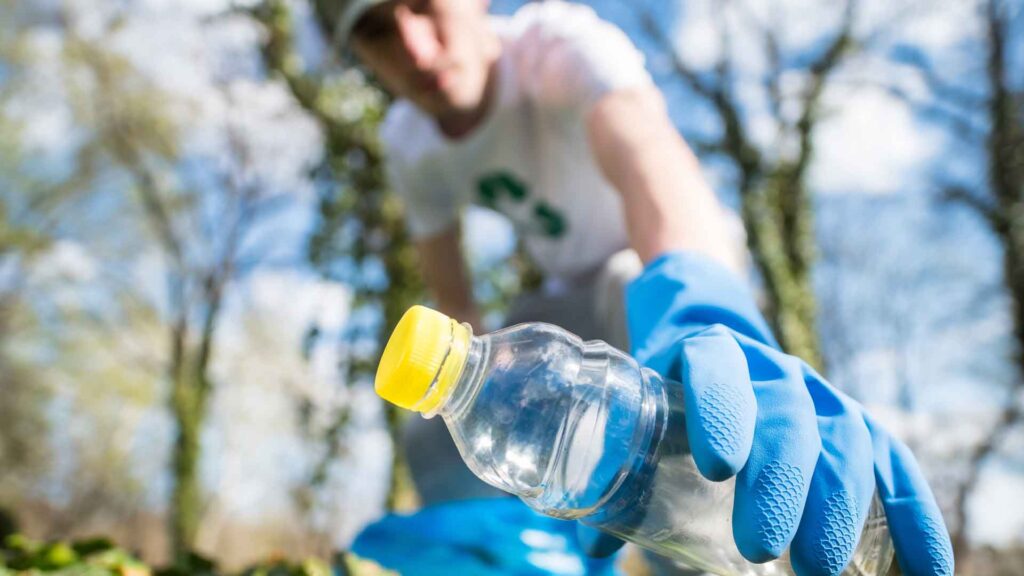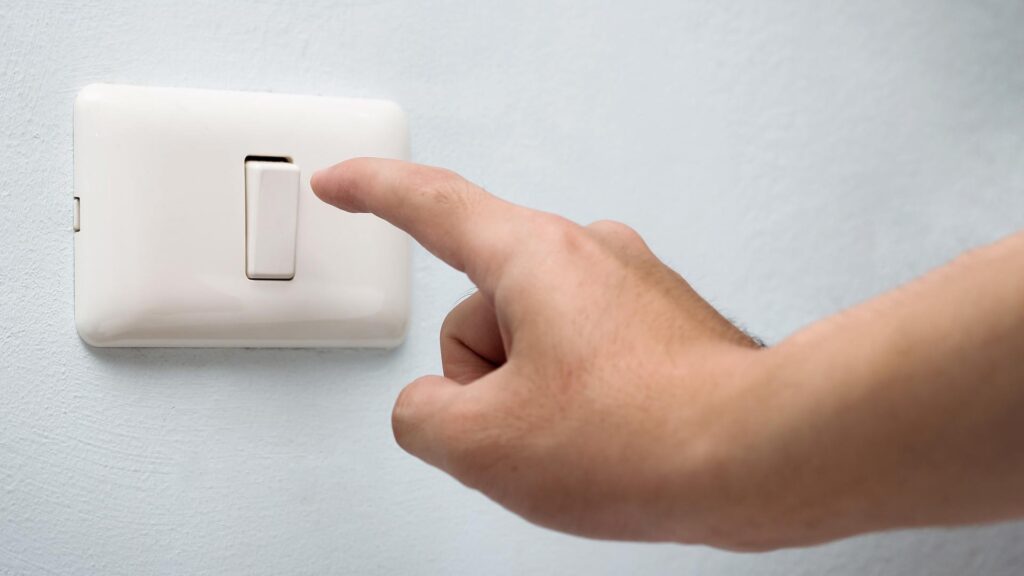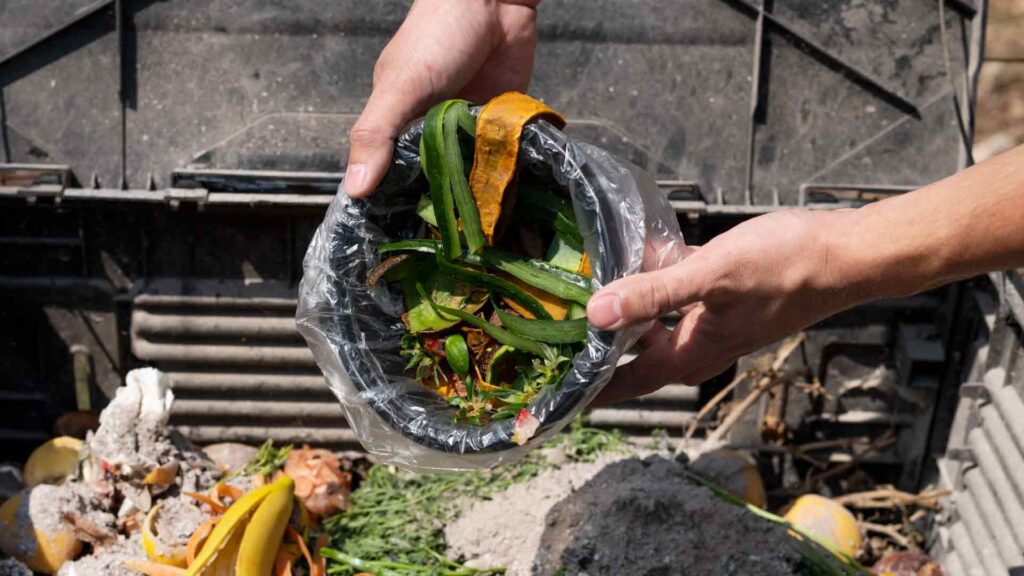Go Green to Save Mother Nature
When businesses make it easy for consumers to make environmentally friendly decisions – everyone benefits. In a recent survey, 80% of consumers said they respect companies that adopt “green” or eco-friendly practices. Most consumers care about at least one concern to save mother nature. But, these concerns don’t always translate to actions.
If businesses make it easier for consumers to make ‘green’ purchases, more people will do it and businesses will profit. But, “Go Green” is more than a buzzword. It’s the necessity of the hour. Moreover, the downside of “Go Green” becoming a buzzword is that every individual or organization wants to benefit from this movement. This process is called “greenwashing.”
Though, many companies claim to be environmentally friendly just for marketing purposes. Subsequently, if your clothing company tells you its products are 100% good for the environment, you must reconsider your choices.
Are you really tackling the significant environmental hazards our planet is facing or are you getting “greenwashed?”
Thankfully, there are many other ways for us to “Go Green” without supporting companies that falsely support the environment. Depletion of nonrenewable resources, deforestation, and decreasing air/water quality – are all results of human actions. If we stop some of these actions, we might be able to preserve Mother Earth.
Indeed, the sooner people take these “Green” steps, the sooner we rescue Earth and all the living beings on it. Going green entails acquiring information and implementing steps that back up your desires to create more ecologically friendly surroundings. Hence, here are fourteen steps or measures consumers can take to go green.
1. Reuse Before Recycle

Recycling is well-intentioned. But, it’s not the most effective way of minimizing waste and maximizing resources. To do that, you need to believe that the products you use regularly have usefulness beyond their “expiry dates.” Before giving away items for recycling, stop and ask yourself –
- Can you reuse the product instead of replacing it?
- If you can conserve resources by creating something else with the product?
- Can someone else use the product you’re sending to the recycling bins?
Before you even consider recycling an item – think of how you can reuse it instead.
2. Upcycle
Upcycling product is a lot like reusing them, but with more creativity. It’s basically converting “waste” items into items that are useful or valuable. Upcycling doesn’t involve breaking down materials (like recycling). Users simply need to sort and reuse the products in different, more creative ways. For instance, you can convert old briefcases into cabinets.
3. Green Commute

A green commute is any type of transportation that doesn’t harm the environment. Fossil fuel usage is one of the leading causes of environmental harm. So, try avoiding modes of transport that involve fossil fuel usage and rely on green transport or sustainable transport instead. Thus, try carpooling, riding bikes, and limiting your visits to grocery stores to start “green commuting.”
4. Save Water
How hard is it to save water? Not too hard if you make it your daily mission. According to psychology experts, the “One Good Deed a Day” approach to obtaining happiness, is the most effective. Similarly, taking simple steps to save water on a day-to-day basis can make a huge difference. Here are some examples –
- Stop rinsing dishes before placing them inside the dishwasher.
- Fix all leaky faucets in your home.
- Install sink water aerators to reduce your sink’s water flow levels.
- Only place full loads of laundry in your washing machine.
5. Turn Down the Bag

Adopted a no plastic policy at home? Good. Now maintain the same attitude outdoors. At stores, turn down offers to use free plastic bags and product packaging. Because carrying a cloth bag means nothing if the product you’re buying is wrapped in multiple layers of plastic. Try to find zero-waste stores in your locality to save mother nature. For example, at your local farmer’s market, every seller is running a “zero-waste” store. Instead of buying rice, lentils, and other products in plastic packages, start buying them from farmers and local vendors.
And, in case you visit any supermall or shops near you, don’t forget to carry your own reusable bags.
6. Don’t Invest in Idle Equipment
Refuse – don’t just recycle. At the apex of the green movement is the word “refuse.” Moreover, if you refuse to buy non-essential items, you don’t need to think of recycling, reusing, or repurposing them.
7. Donate Used Goods

One man’s trash is another man’s treasure. Scour through items around your home that you don’t need anymore. Instead of throwing them away, give them away for free to individuals or organizations. Find thrift stores, garage sales, and eco-friendly organizations that accept such goods.
Where to find such people/individuals? The Internet! There are many Internet “influencers” who are actively involved in the “Go Green” movement. Follow them for inspiration and for details about organizations or initiatives that accept old goods as donations.
8. Avoid Disposable Products
Hate using plastic? Good! Love using eco-friendly paper products instead? Very bad! Depending on paper tissues or towels isn’t the way to go because these items are disposable. So, avoid such products and ask for reusable products instead.
Substitute paper tissues and towels with reusable cloths. At the office, always print on both sides of the paper. Don’t ask for plastic cutlery when you’re ordering food online.
9. Kick the Bottled Water Habit

Install a water purifying system in your office/home. Then, use metal glasses or jugs to drink water whenever you feel thirsty. Avoid bottled water as much as you can as disposable plastic bottles very rarely get recycled. Travel with a bag. Keep a small steel mug or water bottle inside the bag at all times.
10. Switch out Your Light Bulbs
Replacing just one incandescent or fluorescent light bulb in your home with an LED lamp can make a huge difference. These lamps use less than 20% of energy as most incandescent and fluorescent lamps. They’ll keep your electricity bills low and your conscience regarding energy wastage clean.
11. Shut Off Lights

As children, we all learn that turning the light off before leaving a room is very important. Apply this childhood lesson to your adult life to save mother nature. Never leave lights on when they’re not being used – even if they’re energy-efficient CFLs or LED lights.
12. Unplug Electronics
Unplug computers, chargers, television sets, washing machines, microwaves, and all electronics when you’re not actively using them. The small amounts of electricity you save by taking these steps can amount to a lot over a long period.
13. Stop Food Wastage

Approximately 60% of all the waste humans generate is organic. This waste we generate at home doesn’t need to end up in landfills. Why? Because most of its food. Households and companies find new ways to waste food every year. For instance, the average shopper will never pick fruit and vegetables that look “ugly” at the grocery store.
Even grocery store owners will hide these “ugly” fruit and vegetables on their shelves. Make a difference by picking these “ugly” fruit and vegetables the next time you go grocery shopping. Also, take steps like –
- Buying only the food items you need
- Store food properly to make it last longer
- Adopt a “no leftover” policy in your home
Stopping food wastage is all about being “food positive.” Be passionate about the food you buy and eat. According to medical experts, positivity is key to leading a happy life. If you can reduce food waste while pursuing happiness – everyone wins.
14. Volunteer
Donate 8-10 hours of your time to community-run eco-friendly projects every week. At these projects or events, you’ll get to interact with fellow “green minds.” You can raise awareness. More importantly – you can make actual differences to your surrounding environment.
Attend beach, forest, street, or landfill clean-up programs. Learn about ethical consumerism.
There are organizations working day and night to preserve climate change and working to raise awareness about ethical consumerism, showcasing impactful changes they are bringing on UPDEED. Two of them are:
Friends of Maasai Forest is an organization that advocates for the sustainable conservation of forests and wildlife. The organization spreads eco-awareness in many pastoral communities in Africa. Champions for the rights of the Maasai indigenous community living adjacent to the forests in Kenya. The organization encourages the younger generation to pursue their education to the highest level possible so that they can return back to the community and make positive changes.
The Green Era Recyclers is another organization that people who want to “go green” should connect with. The organization is the world leader when it comes to managing e-Waste. It has recycled 500+ tons of old tech products, saving 967.2 tons of CO2 emissions in the process. GER shows a comprehensive end-to-end recycling and disposal system. The team focuses to spread the message:
Let’s bring into action what is possible on our part.
Try not to destroy our environment. Let’s try not to destroy many innocent lives. Let’s recycle.
Find such organizations on UPDEED that are amplifying the Go Green movement. Don’t just say “Go Green.” Join these initiatives and organizations to make real differences.
Now Download the App!





